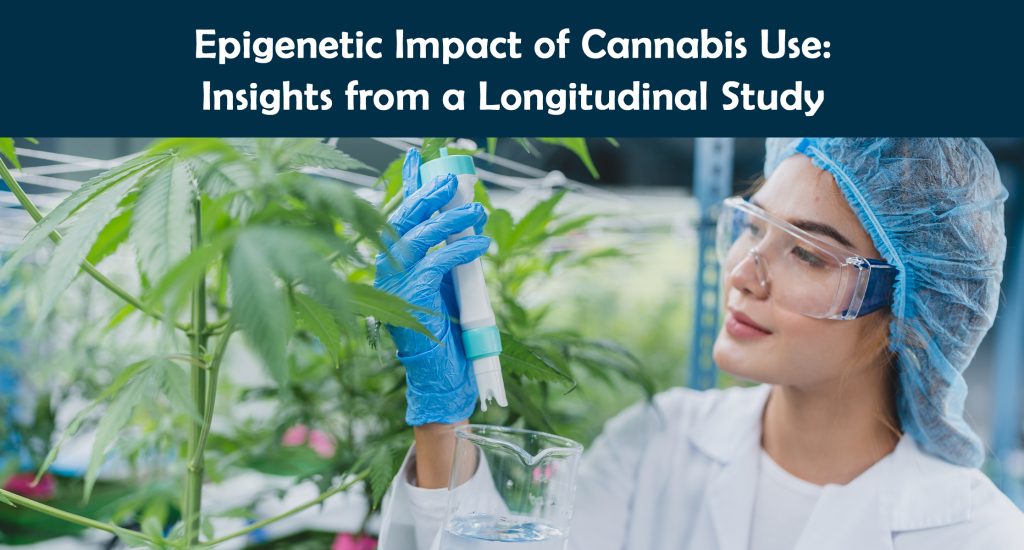
One study, conducted by Northwestern University Feinberg School of Medicine, reveals associations between cannabis use and alterations in the human epigenome, comprising DNA methylation changes. Analyzing data from over 1,000 adults over a 20-year span, researchers identified 22 and 31 DNA methylation markers in 15-year blood samples associated with recent and cumulative cannabis use, respectively. In 20-year samples, 132 markers linked to recent use and 16 to cumulative use were identified. Notably, a shared epigenetic marker with tobacco use was consistently identified. These findings contribute novel insights, but further research is required to validate these associations across diverse populations and ascertain long-term health implications of cannabis use.

